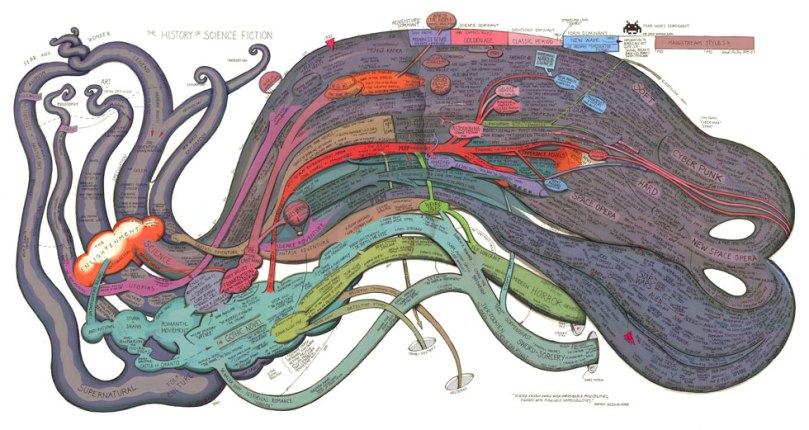
Why is revolution not possible? This is an old debate.
Terms like “socialist” and “revolution”, and “right-wing groups” tend to mean different things to different people, according to their perspectives. which can be quite contradictory, in many regards. Revolutions don’t tend to resolve such contradictions as absolutely as idealists and ideologues tend to imagine. Counter-revolutionary tendencies persist in the society, and even among the revolutionaries, such that it’s never really “over”, and the struggle continues.
Technically, “socialism” is a theoretically “necessary” supposedly “interim” period, during which an elite vanguard seizes political power, “on behalf of” the proletariat, and struggles to transform society, toward the eventual emergence of communism, which is to say, democracy, the ultimate utopian communist dream. That transformation is essentially the suppression of counter-revolutionary (anti-democratic) tendencies, and inculcation and cultivation of revolutionary (democratic) tendencies among the masses.
Marxian concentration on capitalism was all about demonstrating how undemocratic, and thus unjust, irrational and inefficient capitalism tends to be, despite it’s claim to be, relatively speaking, “more democratic” than monarchy, say, or feudalism. He merely sought to show that it is not the ultimate, final stage of that evolution, as it’s proponents tend to assert, but that, like the “socialism” he proposed to supplant it with, an interim stage, which would, in fact, sow the seeds of it’s own destruction, even as previous socio-economic paradigms had done before them.
At the time he was doing all this theorizing, a hundred years ago, his premise of an educated working class, capable of democracy, seemed a virtually impossible utopian dream, considering conditions in the masses, steeped in centuries of ignorance, illiteracy, grinding poverty and religious indoctrination. Rather than second guess his conclusion, then, that further resort to elitism was “necessary” to change those conditions, I’d prefer to just point out that, in fact, those conditions have changed, profoundly, since then, such that the prospect of democracy is no longer such a distant utopian dream, but more feasible and viable a prospect than ever before in human history.
Technology, the engine of all socio-economic relations, has evolved, especially in terms of communications. Here and now, into the 21st Century, both capitalist and “socialist” elitism have become outmoded, I think, and need to “wither away” with the whole concept of the “State” as we now know it, as an externally imposed governor…as Marx predicted would some day be possible. Anymore, most of us aspire to democracy, and we realise that we aren’t there, yet. The issue is not whether anti-democratic rightwing reactionary conservative and fundamentalist counter-revolutionary elements of our society, will, or can, prevent democracy from ensuing. The issue is whether those, who tend to be staunchly opposed to racism, sexism, cultural chauvinism, eco-rape, murderous monopoly corporate fascist ripoffs, and imperialist warmongering, will call off the demoralized cynical defeatism of electoral boycott and excessive splitting, and will step up to actually seize the power, for a change…democratically, electorally…and then proceed to suppress counter-revolutionary anti-democratic tendencies legislatively and judicially, from now on…explicitly for justice and peace, to save the planet. Which, of course, is why the right is freaking out like they are, even now waging “low intensity” civil war, desperately trying to prevent that from happening. For Revolution to be at hand, we must not try and smash capitalism, or even right-wing resistance at that, as democracy is invested in and of itself with enough potency to destroy capitalism and its moribund form, fascism. But, the authorial point of exploiting freedom as against suppressing it is the Negri’s position on the corollaries of reaction to right-wing accelerationsim. So, whatever be the seductive power of neoliberalism, which indeed is undeniable, banking on the track record of proletariat would be stuck in the molasses of the past, or even getting to dynamically shift the agency to cognitariat be akin to letting the seduction of neoliberalism suck the agency in. The alternative is agency/ies, which someone like the obscure Agamben would call “Whatever Singularity” (even Gayatri Spivak flirts with the idea), or precariat, which is the umbrella term for the ones stripped of or dehumanised by the forces of neoliberalism. Unless, the left has this in vision, left is a position best avoided for excepting archival purposes. Yes, commoditising communism spells doom, and we are ideologically headed towards it.











